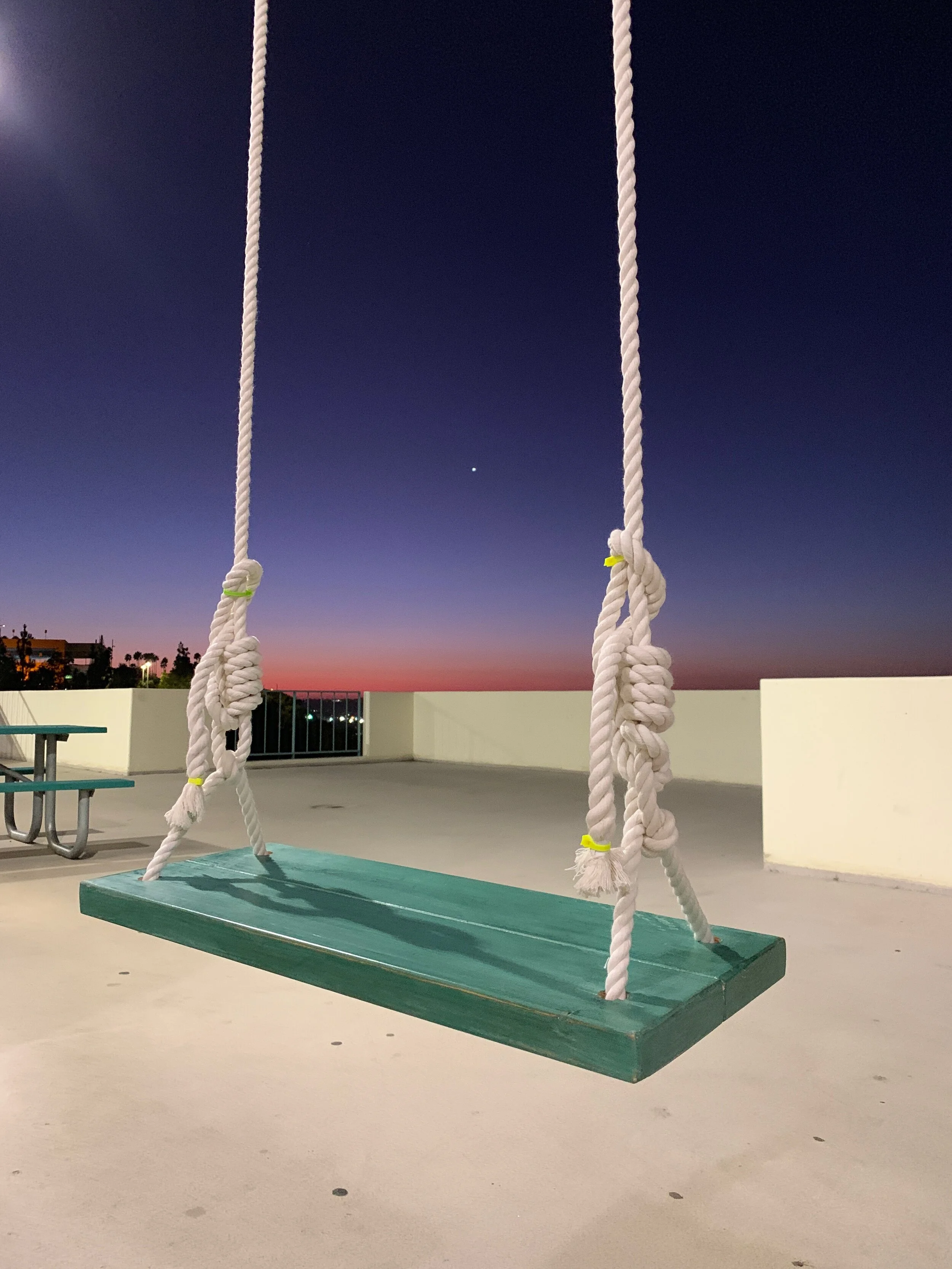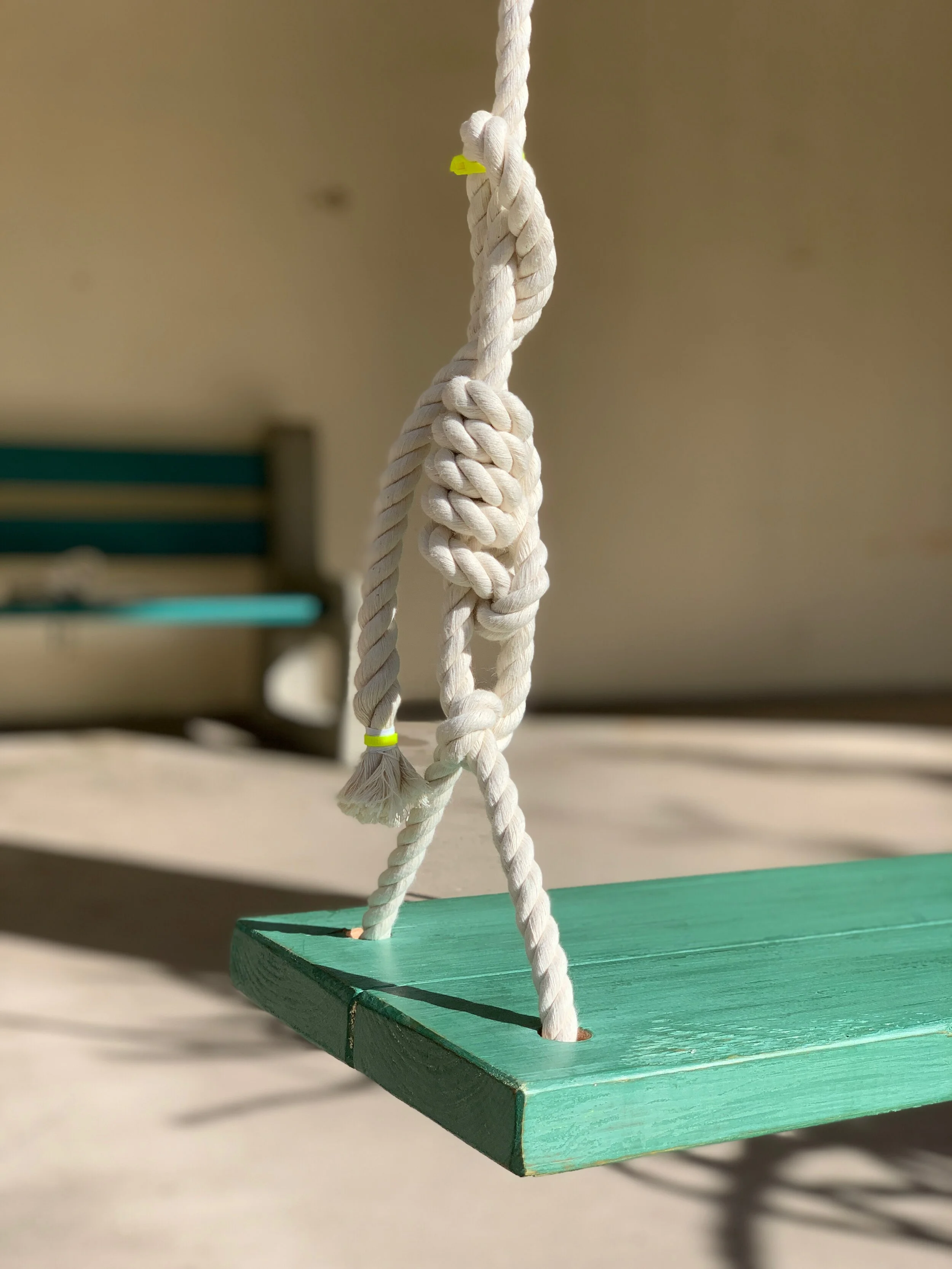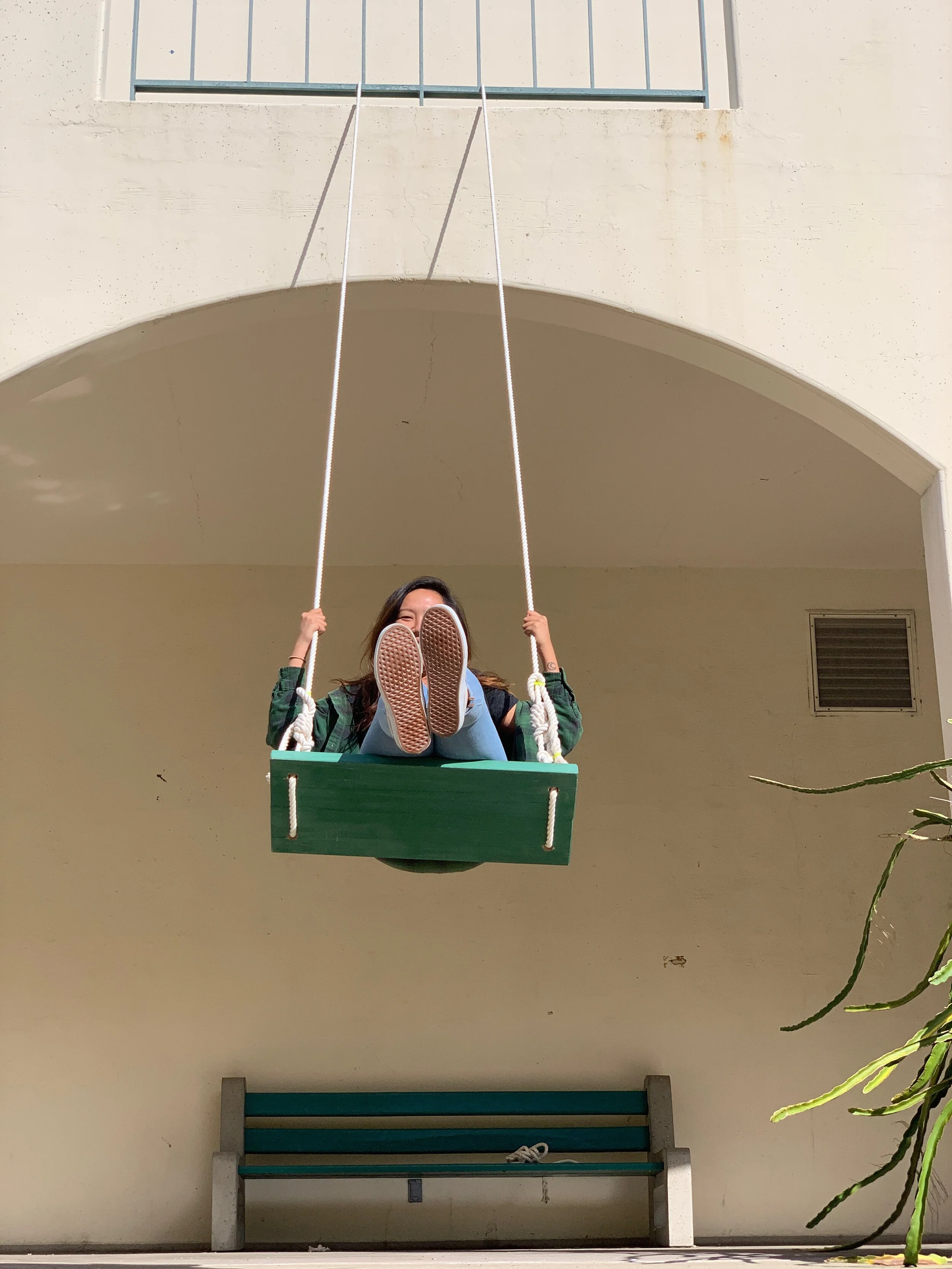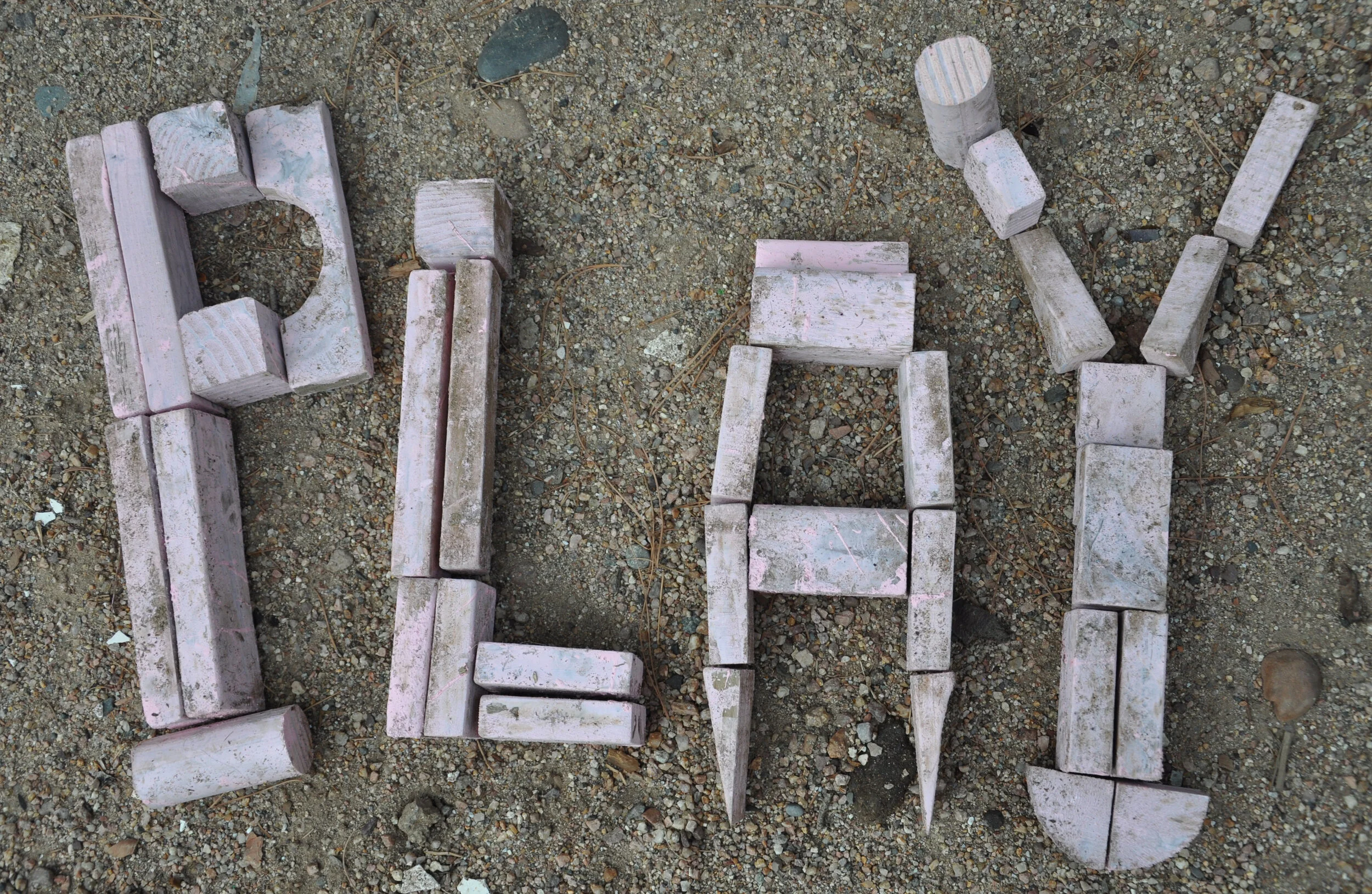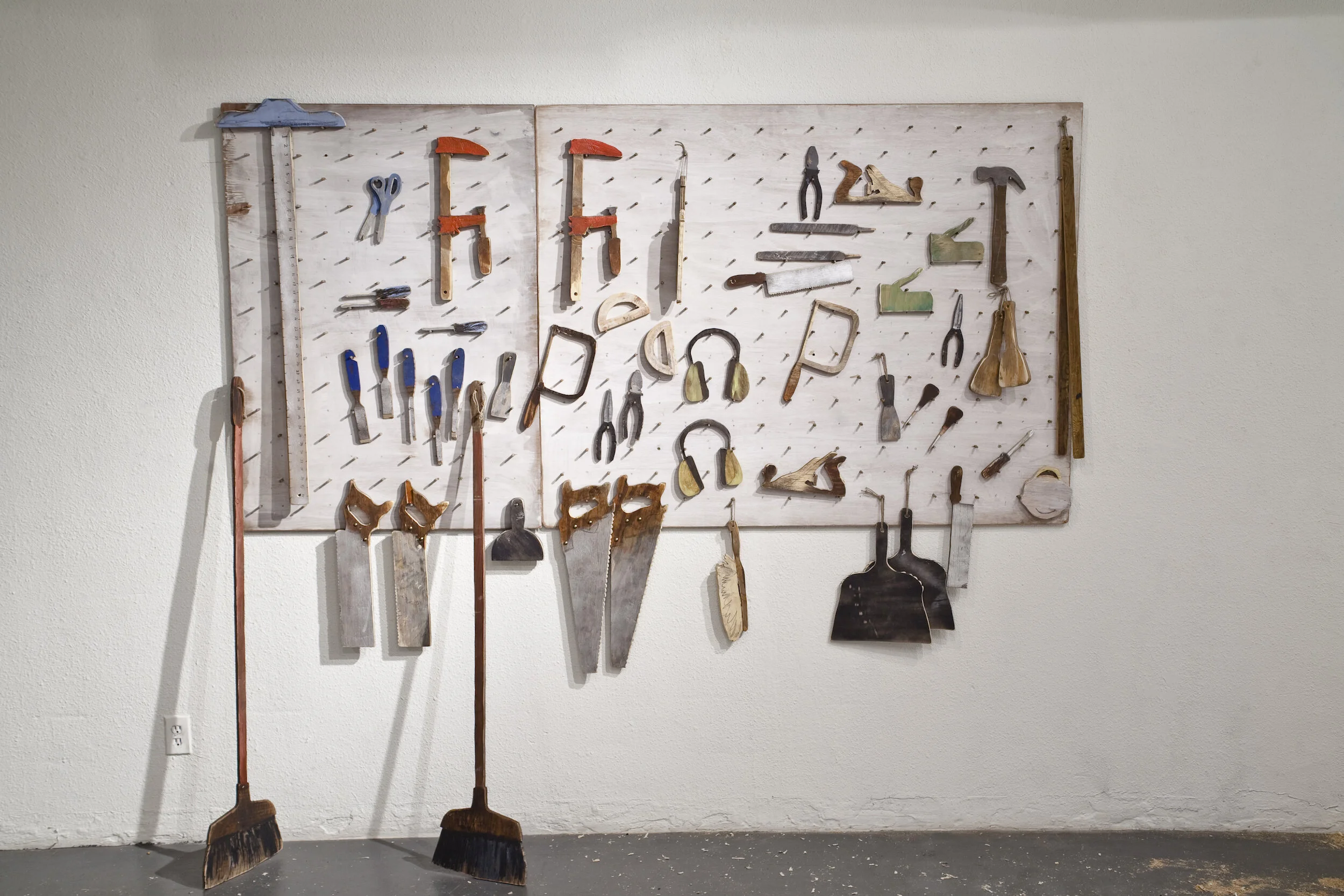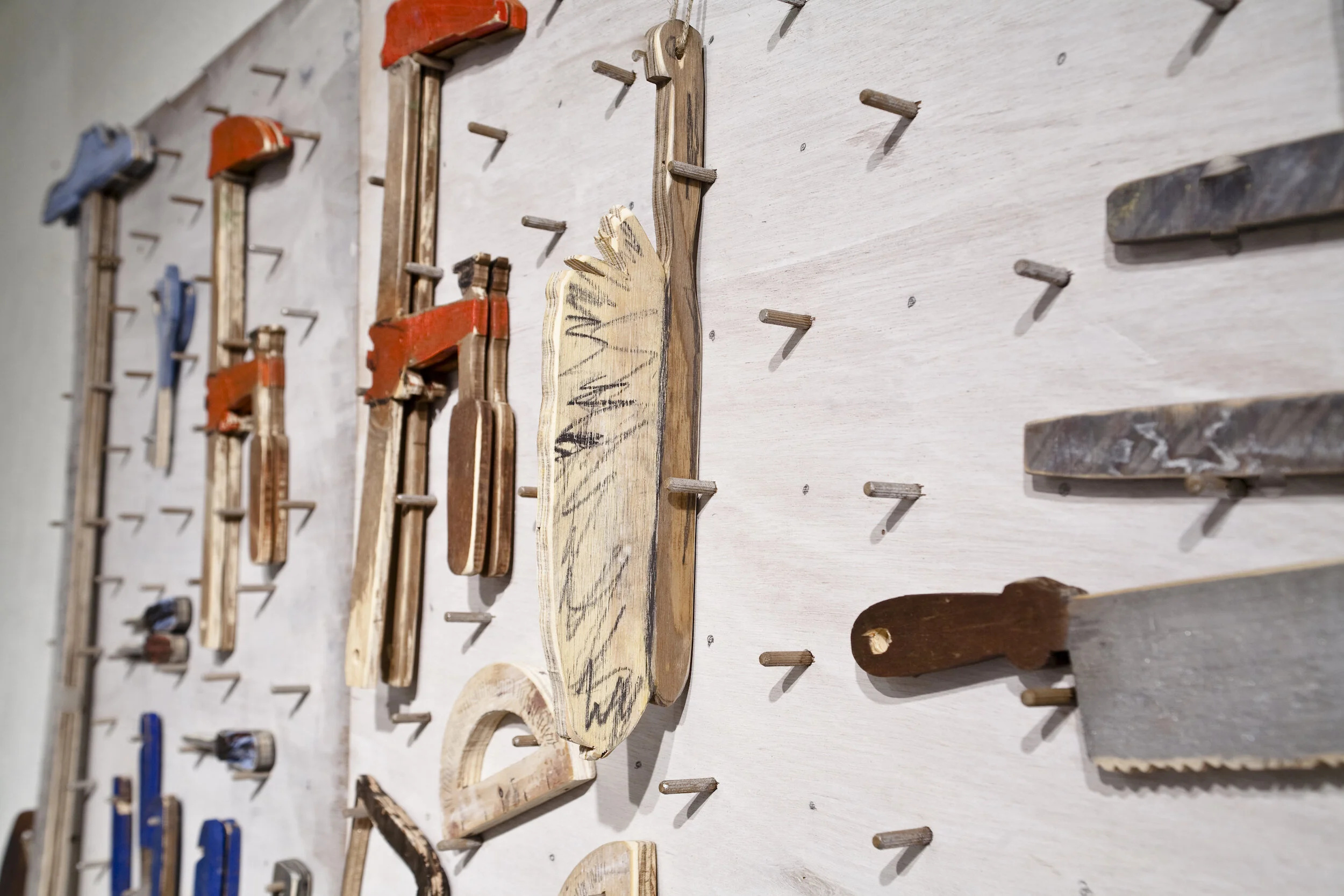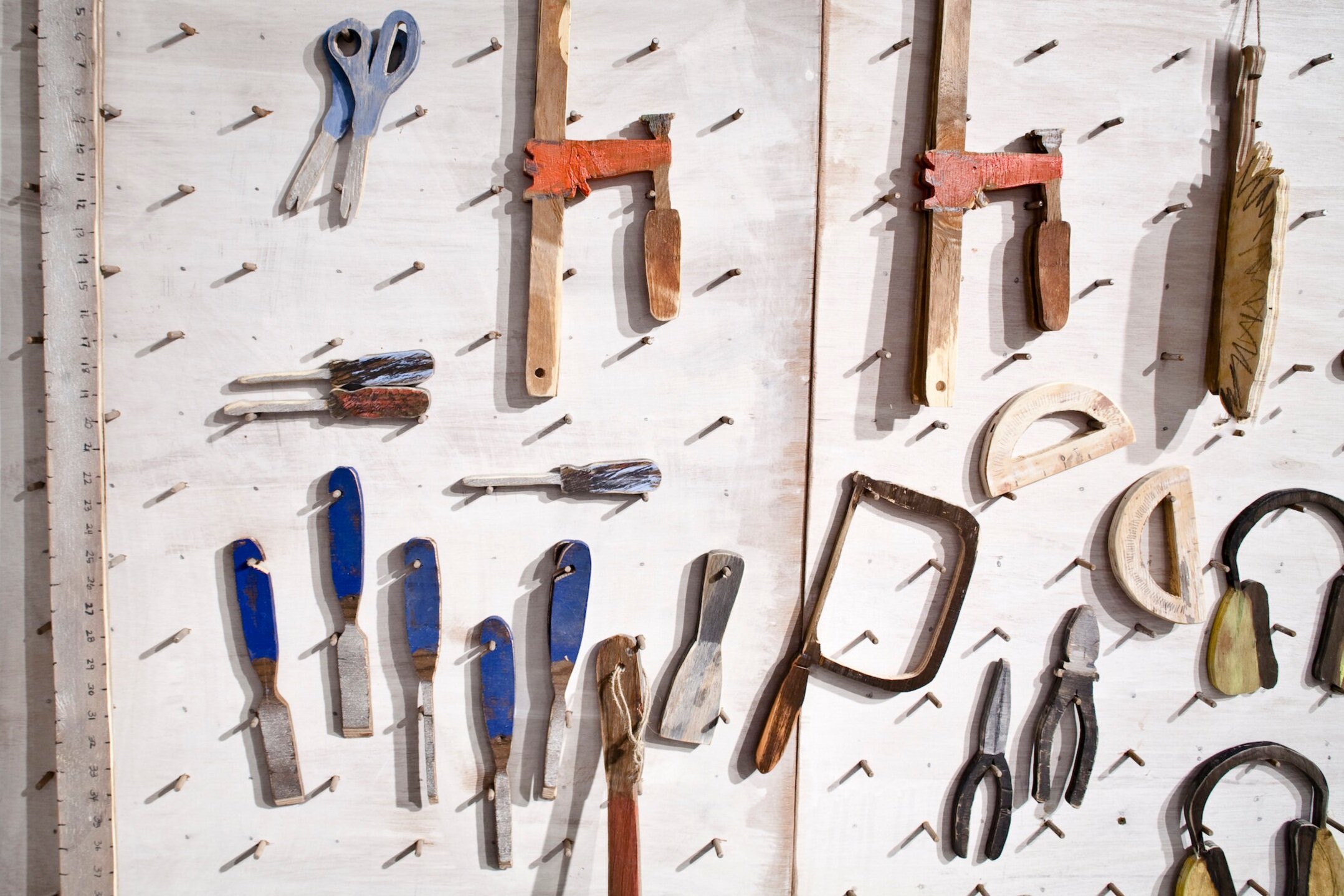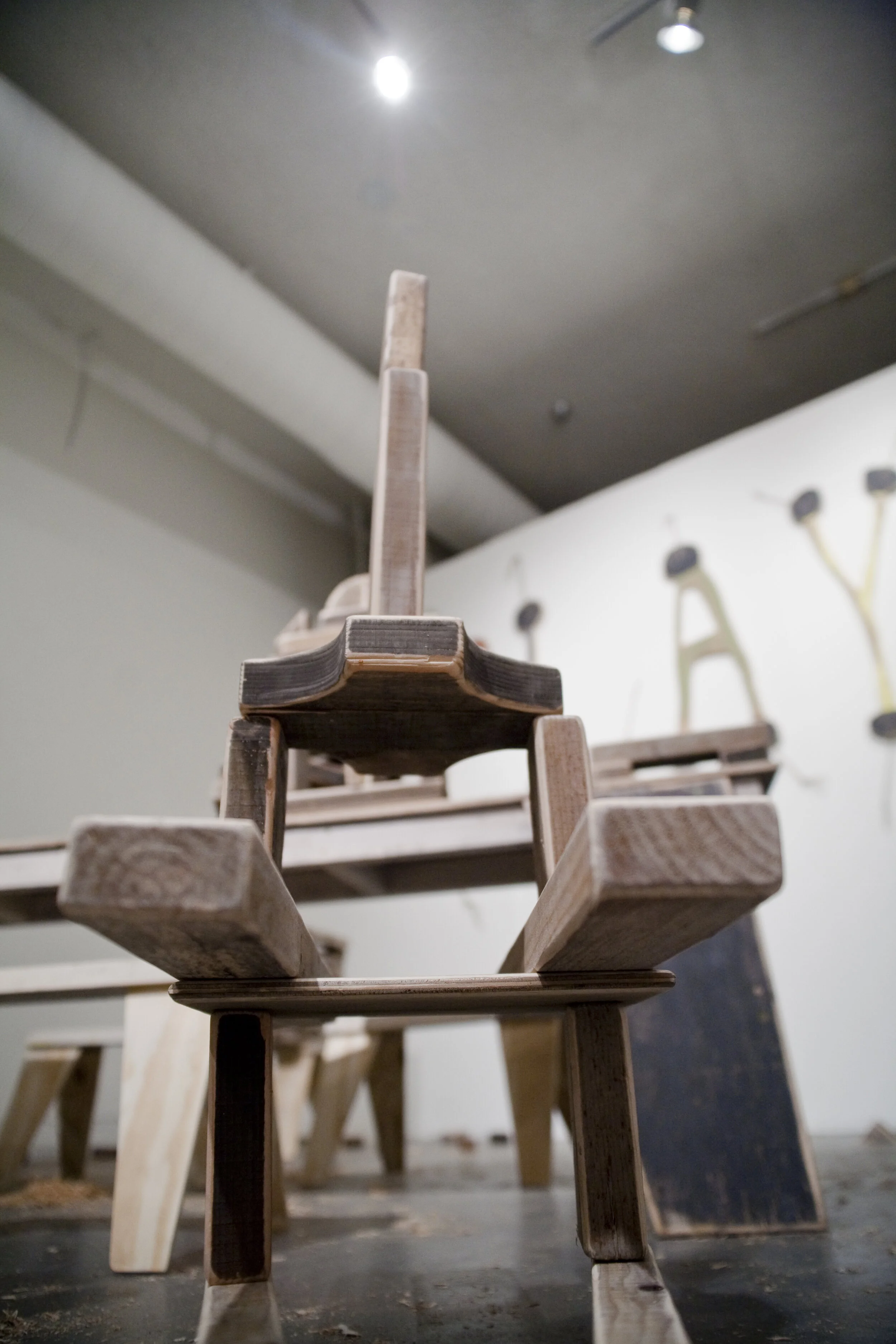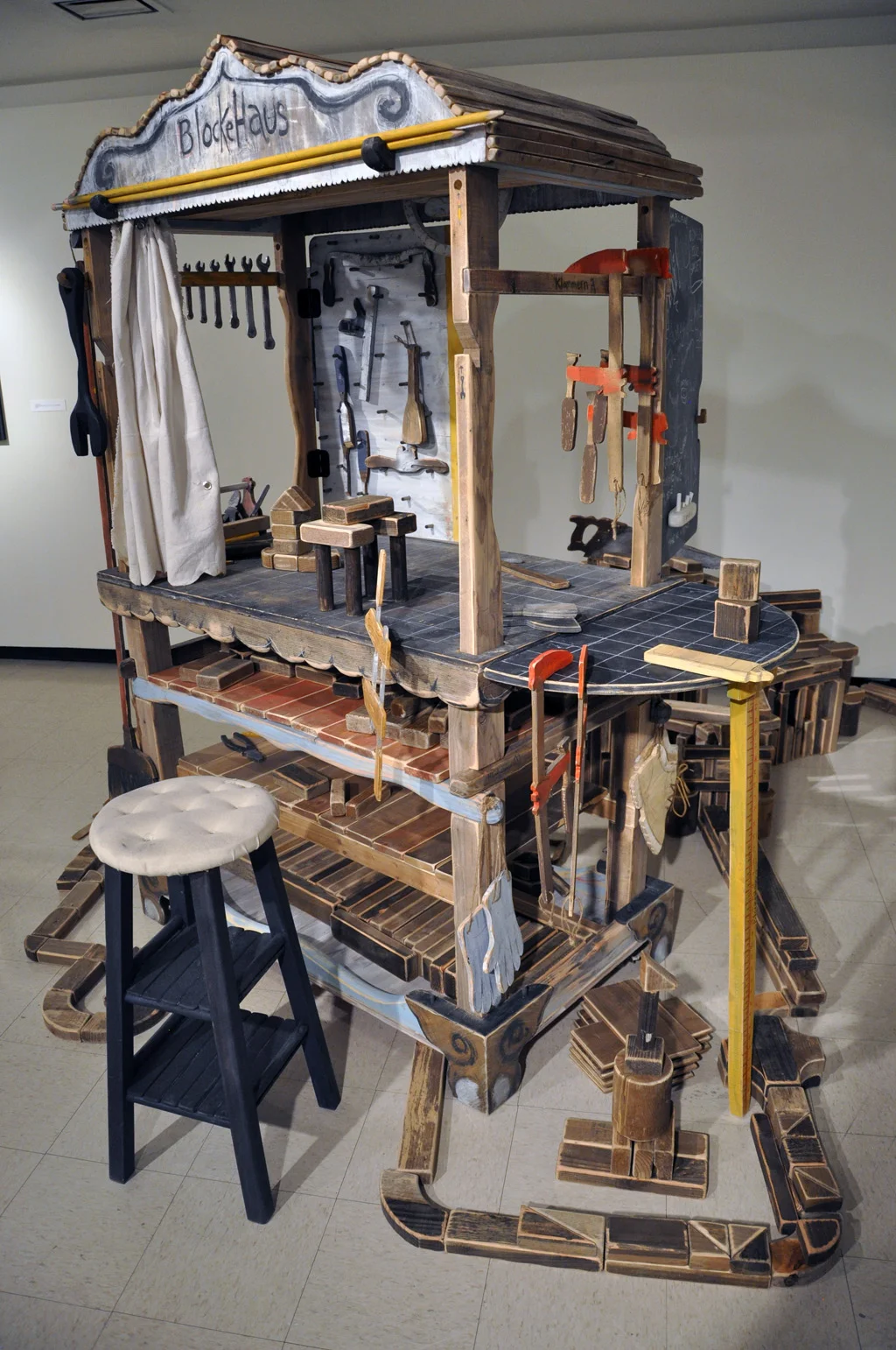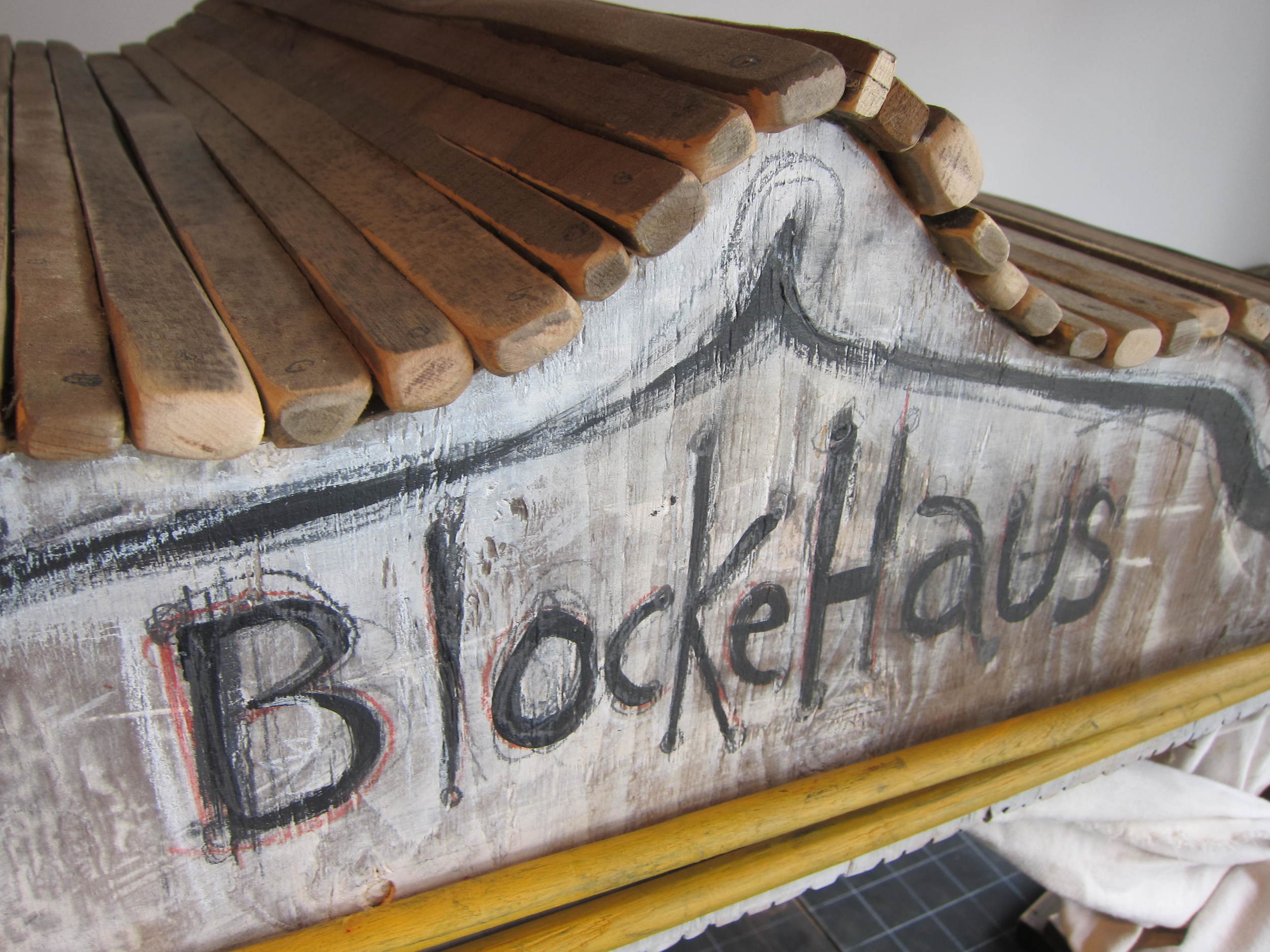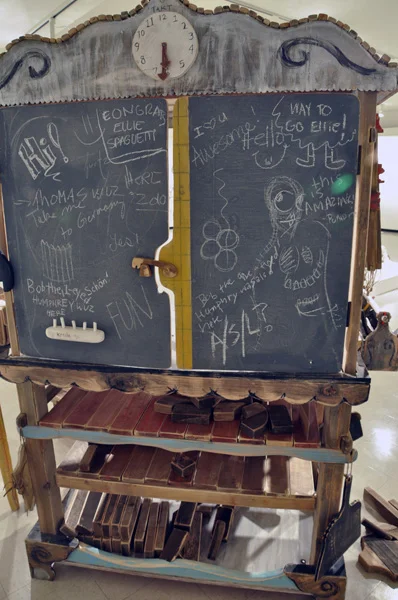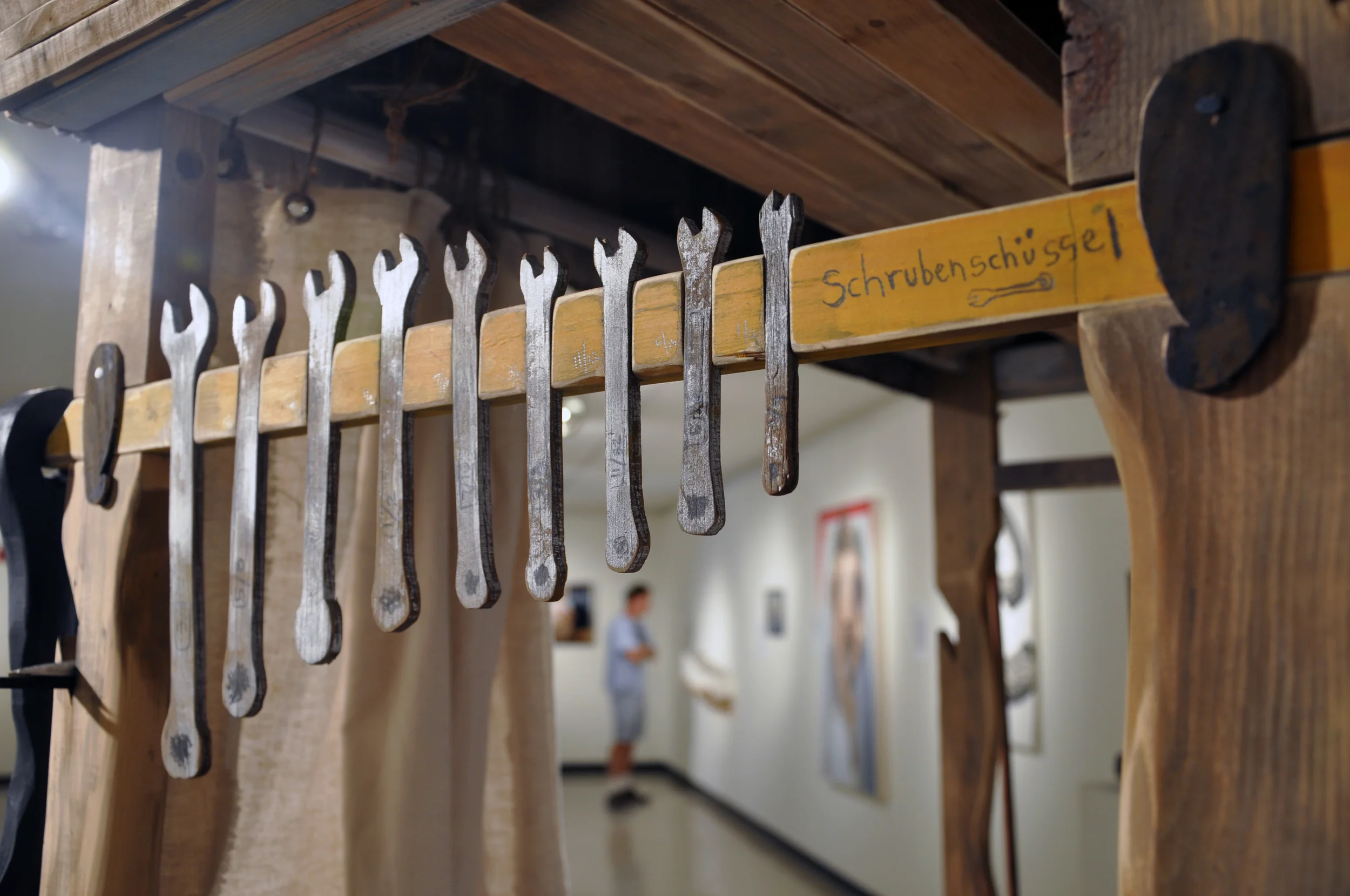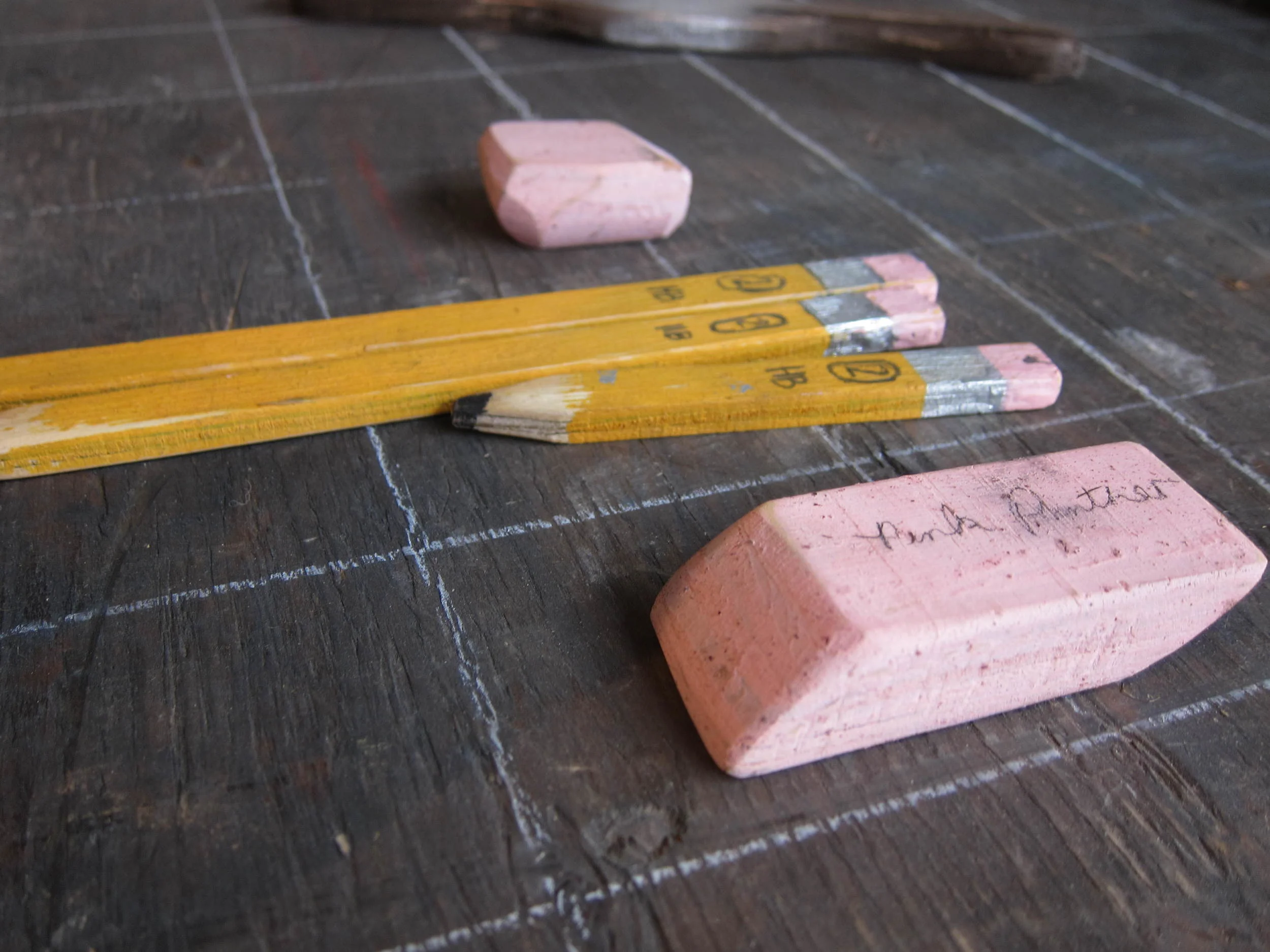“Work consists of whatever a body is obliged to do. Play consists of whatever a body is not obliged to do.”
“The mind grows by self revelation. In play the child ascertains what they can do, discovers their possibilities of will and thought by exerting their power spontaneously. In work they follow a task prescribed to them by another, this doesn’t reveal their own proclivities and inclinations; but another’s. In play they reveal their own original power.”
Kite Making
With mostly trash

Chalk Drawing
Early social distancing days
Coming soon!
Croquet All Day
Commissioned Croquet Mallet
Coming Soon!
SWINGS
intervention encouraging interaction
Play: A Hands On Exhibition
Step Gallery - Arizona State University, Tempe AZ.
As a way to identify the different ways children and adults construct spaces and experience material I invited people, regardless of age, to interact with the work included in this exhibition. Play is commonly defined as frivolous and a non-serious activity but I have found that play does not always come easy and it never comes without work. I asked visitors to use their time in the space to observe, touch, and construct as a way to reconnect with imaginative play and break down preconceptions about preciousness found in a formal gallery setting. Included were block sets modeled after the “Standard Unit Block” a principle developed by educator Caroline Pratt in the early 1900’s. Caroline Pratt expressed the ideas of Friedrich Froebel who believed that open-ended materials provided children with endless opportunities to represent their world.
BLOCKHAUS
MOBILE, COLLAPSABLE, PRETEND WORKSHOP
Pedastal Blocks

